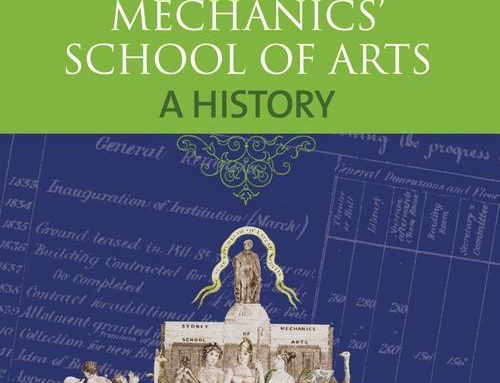Here is part two of summer readables. Enjoy! The Villa Triste (Mantle 2010) by UK author Lucretia Grindle is one of those books that could have had a more engaging cover. I’m sure many browsers would pass it by when it deserves more than a cursery glance. In 1943 Italy signs the armistice that slides it into chaos.In Florence two sisters find themselves surrounded by terror as the Nazi occupation begins. This is another work that shifts between time periods and narrative perspectives and it is a highly engaging work as past and present merge together. In present day Florence senior policeman Pallioti finds himself pulled backwards in time working to uncover both present day murders and a crime lost in the twilight of war. I would have liked to have seen the story more evenly weighted between the two time periods-I guess because the contemporary section, albeit through necessity, over rides the marvellous historical story. On reflection the author’s sense of place was more tangible during those scenes set during WWII, and having not been to Florence I would have loved a little more description of this present day city; however it kept me engrossed. Highly enjoyable. Read an extract at; http://www.panmacmillan.com/extracts/displayPage.asp?PageID=8199
And now for something that goes back, way back. The Roman emperor Marcus Aurelius Antonius (AD 121-180) embodied the ideal figure of antiquity, the philospher King. If you dabble in ancient history or are interested in reading the words of an ancient leader you may enjoy his Meditations (Knopf. First published 1944). Written in moments snatched from military campaigns and politics his is an enduring guide to living a good and just life. Keep it by your bed and read a page now and then. Meditations is one of the most important expressions of Stoic philosophy written. Stretch your mind in 2011 and give a thought to A. S. L. Farquharson (1871-1942). He spent a lifetime on this translated edition of Meditations which is one of the outstanding twentieth century achievements of classical scholarship.
Fiona McIntosh is well known for her fantasy writings and Fields of Gold is her first foray into mainstream fiction. You can see the results of Fiona’s research in this work, many of the scenes particularly those set in India are very vivid and I could see myself standing in her world. Fields of Gold is marketed as a work of high adventure, love and tragedy and tells the story of two young men. One is a womaniser, another an honest lad who’s life is changed by tragedy. The two men become friends in India’s gold fields after the Great War and are eventually bound together by a single act of revenge. For me the real test of a book is whether I become emotionally involved in the lives of the characters, whether I end up caring about them. I’ll let you be the judge at 563 pages, it’s for those who don’t mind a long read.
 My quick pick for the week is acclaimed Japanese writer, Yoko Ogawa’s The Housekeeper and the Professor (Vintage 2010) this is an extraordinary domestic drama about the curious friendship which develops between a housekeeper and her young son and a professor whose memory never lasts longer than 80 mins a day. Enjoy
My quick pick for the week is acclaimed Japanese writer, Yoko Ogawa’s The Housekeeper and the Professor (Vintage 2010) this is an extraordinary domestic drama about the curious friendship which develops between a housekeeper and her young son and a professor whose memory never lasts longer than 80 mins a day. Enjoy





